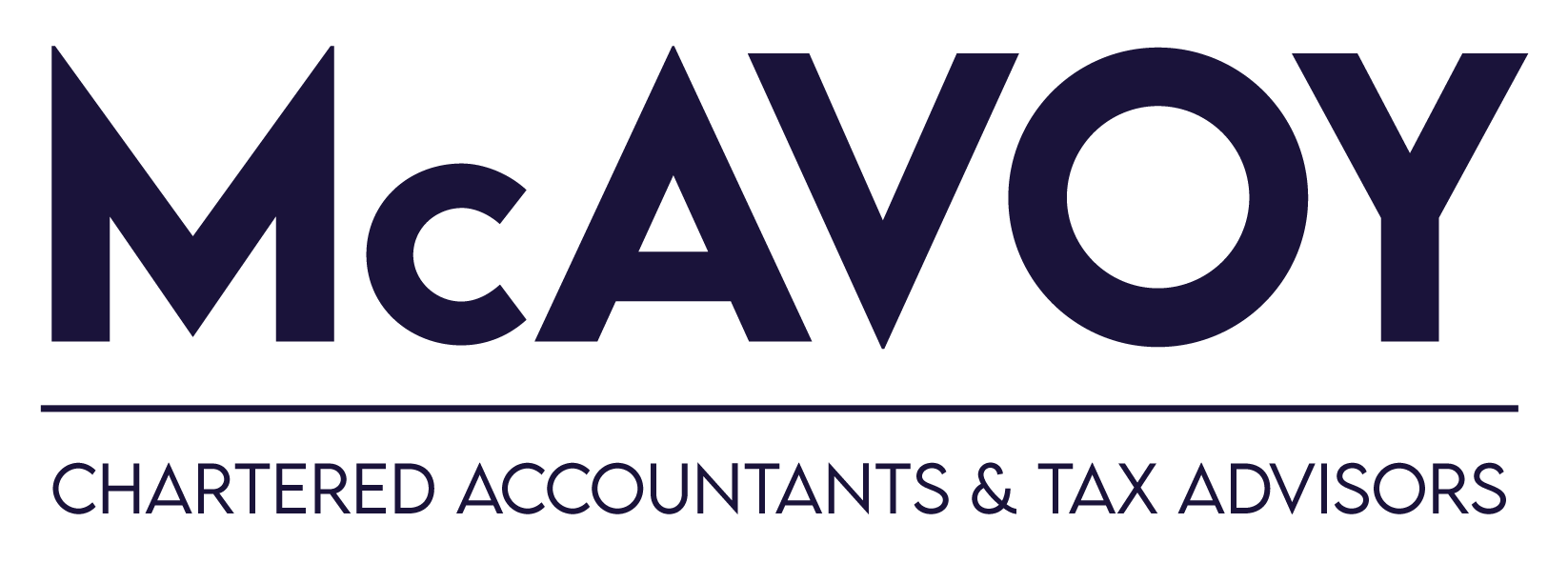When the financial crisis led to a collapse in the housing and jobs markets, many home owners who had to find work either abroad or in a new city discovered that they couldn’t sell their homes without crystallising a painful loss. Very often their solution was to rent their homes and set up house elsewhere. In this way the accidental landlord was born.
But what does an accidental landlord do when he or she comes to sell their first home and finds that Capital Gains Tax may take a sizeable bite out their gain?
Gains on the sale of a principal private residence are not chargeable to tax provided that the owner has occupied the house as his or her only or main residence throughout the period of ownership disregarding the last 12 months of ownership. If the house has not been used in this way, the legislation calculates the exempt gain by apportioning the entire gain. The basis of apportionment is the period of occupation as an only or main residence (including the last 12 months of ownership) over the entire period of ownership.
To unravel what at first sight looks like a mind-numbing formula we need an example. Suppose that the accidental landlord has owned an apartment for 20 years and has lived in it for 10 years as his or her only or main residence until children arrived. At this point he or she bought a family home but, unable to sell the apartment, rented it for a further 10 years before selling it and making a gain on the sale. On these assumptions, 11/20 ths of the gain on sale would be tax-free. This is because the period of use as a sole or main residence plus one year would be 11 while the total period of ownership would be 20.
But what if our accidental landlord had to move abroad to find work after he or she had owned a main residence for only 2 years and now, 12 years later he or she is able to sell at a substantial gain? Is the accidental landlord chargeable to tax on 11/14 ths of the gain?
The answer to this question will depend on whether throughout the period spent abroad, and during which the house was not his or her only or main residence, the accidental landlord worked in an office or employment all the duties of which were performed outside this country. If this is the case, then throughout this period of employment he or she will be treated for tax purposes as if the house was occupied as his or her only or main residence provided that both before and after the period the house was occupied as the taxpayer’s only or main residence.
So, if the accidental landlord meets these conditions all of his or her gain will be tax exempt. This represents a very significant tax advantage for a taxpayer that has left Ireland to work abroad, but what if our accidental landlord was forced to move within Ireland say, from Cork to Dublin? Here the Taxes Acts provide some assistance although it’s rather more limited than in the case of the employee who has worked abroad.
If the accidental landlord can show that the dwelling house was not his or her main residence for a period of up to 4 years (or for periods which together did not exceed 4 years) throughout which he or she was prevented from using it as a main residence because of the situation of his or her place of work or because of a condition imposed by his or her employer requiring him or her to live elsewhere, the period of absence is treated as a period of occupation as his or her sole or main residence.
Accidental landlords lucky enough to have a gain on the sale of the house that was previously used as a residence should carefully examine the conditions that need to be met in order to have their period of non-occupation deemed to be a period of qualifying use. Their chargeable gain may not turn out to be as formidable as it appeared at first.

